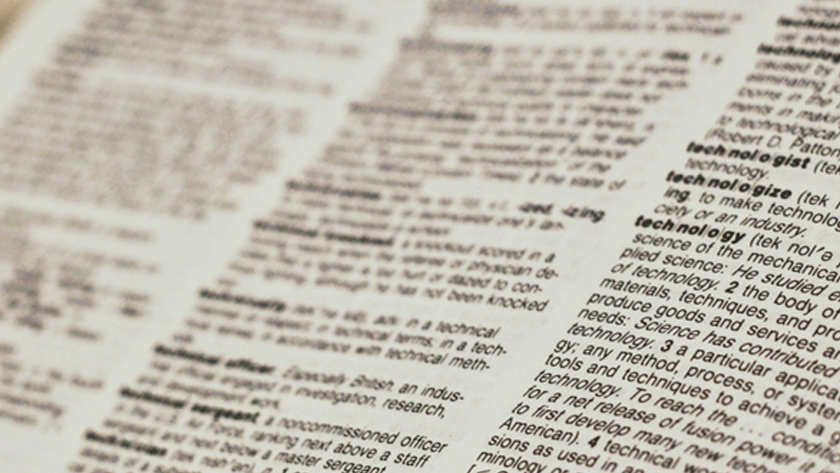Iran Press/ Iran News: Start with the Basics For beginners, it's important to start with the basics. Learning the most common English words will give you a solid foundation to build on. The Oxford English Corpus, which is a database of over 2 billion words, has identified the top 1000 most common words in English. By learning these words, you'll be able to understand around 75% of all written English.
There are many resources available to help you learn these words, including online courses, flashcards, and books. One resource that is particularly helpful is the "English Vocabulary for Starters" series, which is designed specifically for English language learners. This resource covers the most common English words and provides exercises and quizzes to help you practice.
Use Flashcards

Flashcards are a great tool for learning new vocabulary. They allow you to study words and phrases in isolation, making it easier to memorize them. There are many flashcard apps available, such as Anki and Quizlet, which allow you to create your own flashcards or use pre-made ones.
When creating flashcards, it's important to include context. Rather than just memorizing a word in isolation, try to include an example sentence or a picture that illustrates the meaning of the word. This will help you remember the word in a more meaningful way and make it easier to recall it later.
Read Widely
Reading is one of the best ways to build your vocabulary. When you read, you're exposed to a wide range of words and phrases in context. This makes it easier to understand the meaning of the words and remember them later.
To get the most out of your reading, it's important to choose materials that are at the right level for you. If you're a beginner, start with children's books or graded readers. As you become more advanced, you can move on to newspapers, magazines, and novels.
When you come across a new word, try to guess its meaning from the context. If you're not sure, look it up in a dictionary. It's also helpful to keep a vocabulary notebook and write down new words and their definitions.
Watch English-language Media
Watching movies, TV shows, and other English-language media is a fun and effective way to improve your vocabulary. When you watch, you're exposed to a range of accents, vocabulary, and expressions, which can help you understand and speak English more fluently.
To get the most out of your media consumption, try to choose materials that are at the right level for you. If you're a beginner, start with children's TV shows or simple movies. As you become more advanced, you can move on to more complex materials.
When watching, it's helpful to turn on subtitles in English. This can help you follow along and understand words that you might not have otherwise picked up. You can also pause and rewind to review words that you didn't understand.
Use a dictionary and thesaurus
Dictionaries and thesauruses are essential tools for learning vocabulary. A dictionary can help you look up the meaning of a new word, while a thesaurus can help you find synonyms and antonyms for that word. Online dictionaries and thesauruses are easily accessible and can be a convenient way to look up words on the go.

Practice Speaking and Writing
Practice is key when it comes to learning new vocabulary. Try incorporating new words into your daily conversations or writing, and make a conscious effort to use them correctly. You can also take quizzes or play games that focus on vocabulary to help reinforce what you've learned.
In conclusion, learning English vocabulary can be a daunting task, but by starting with the basics, using visual aids, reading, listening and repeating, using context clues, using a dictionary and thesaurus, and practicing consistently, beginners can start building their vocabulary and communicating effectively in English.
206
Read More:
Iran uses gene transfer for Thalassemia patients' treatment
ahmad shirzadian

